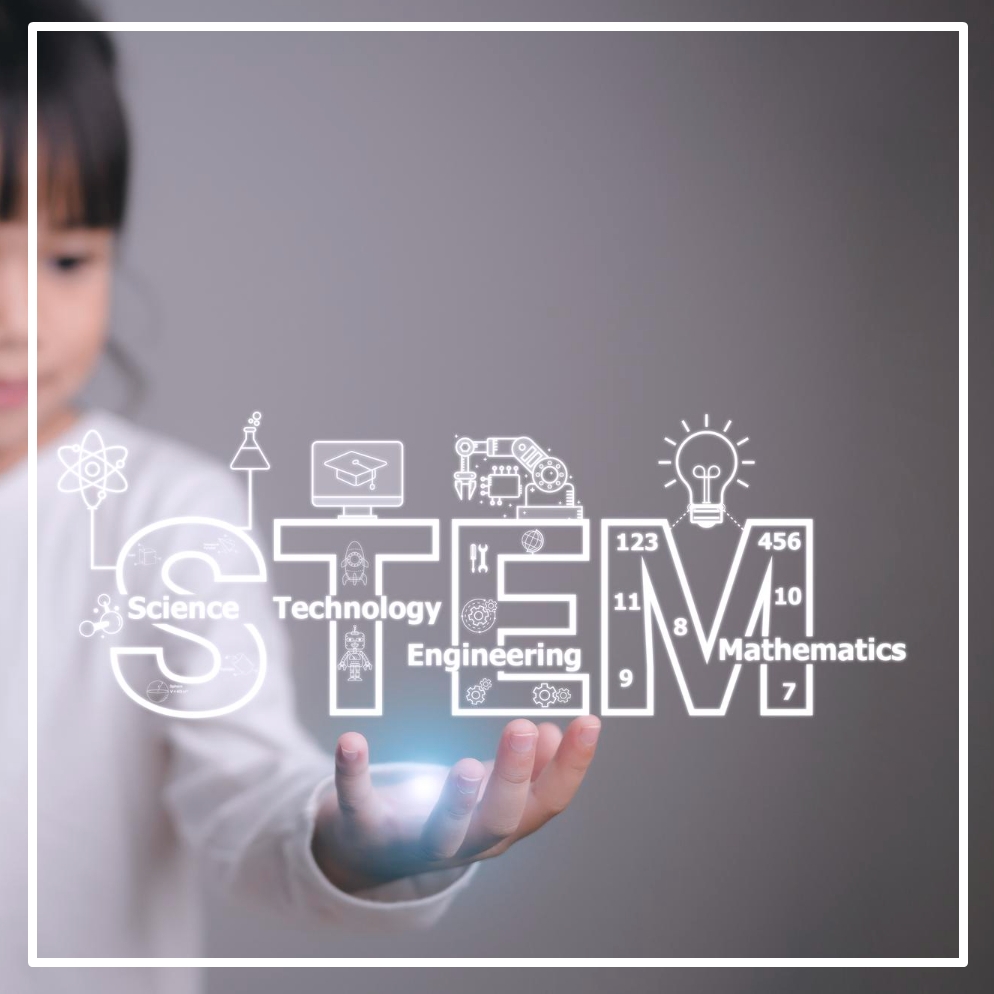
What is PBL?
Project-based learning (PBL) stands for “problem-based learning,” an educational approach that focuses on engaging students in meaningful, real-world projects to conduct in-depth exploration and research. This approach aims to develop students’ critical thinking, problem-solving, collaboration, and communication skills.
Project-based learning (PBL): Focuses on long-term projects where students work together to explore a real-world problem or challenge, encouraging them to apply their knowledge and skills to solve problems and gain a deeper understanding of the subject.
Problem-based learning (PBL): Uses real-world problems as a learning stimulus, where students learn concepts and principles by working to solve these problems.
In elementary school:
Students can design and build a model of a sustainable garden, taking into account factors such as available resources, suitable plant species, and potential environmental issues.
Benefits of PBL:
- Increased Motivation: Students feel more motivated when they participate in projects relevant to their lives.
- Skill Development: Students gain critical thinking, problem-solving, collaboration, communication, and other skills.
- Deeper Understanding of Subject Matter: Students learn concepts and principles more deeply through project work.
- Life Preparation: PBL helps students prepare for the challenges of college and professional life.


 العربية
العربية